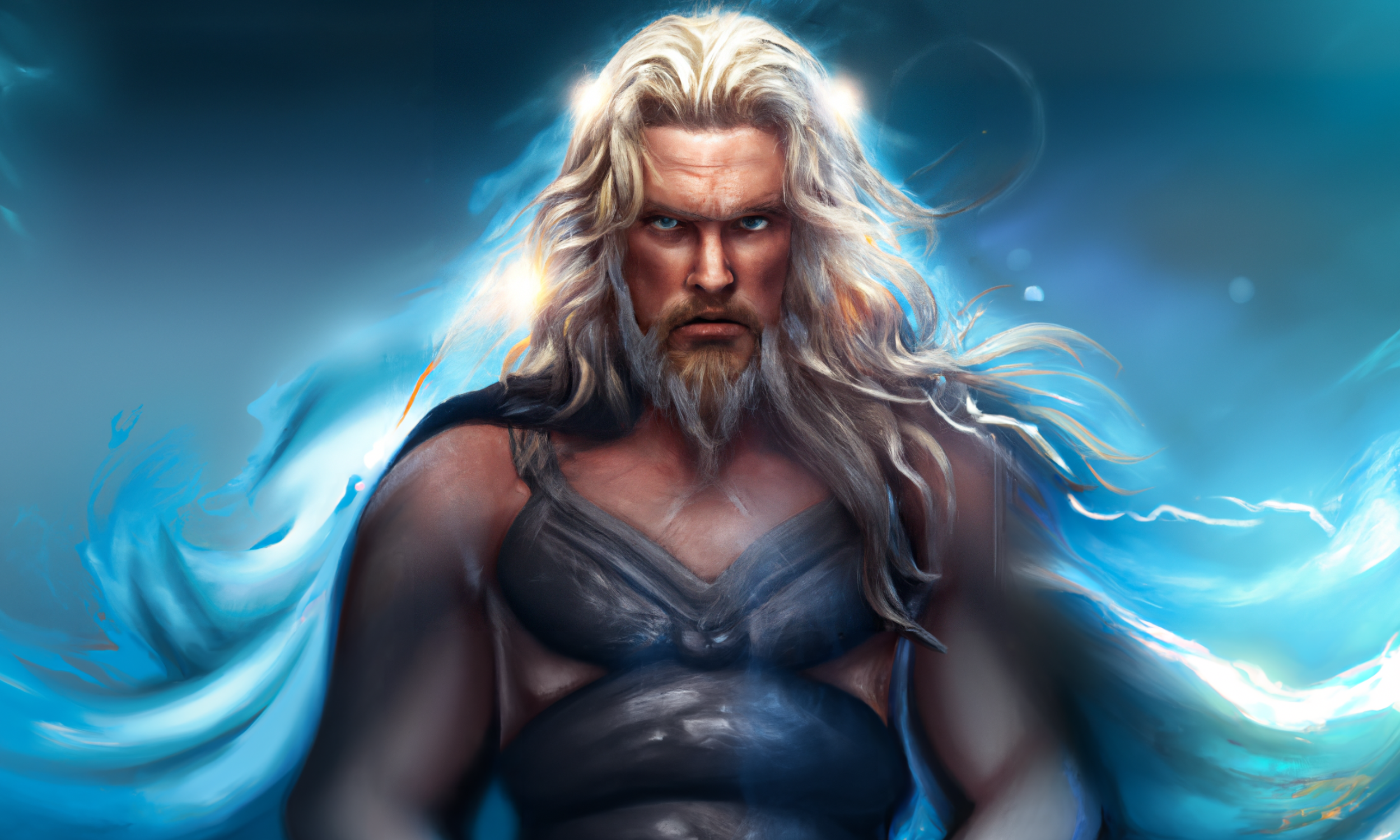THE EINHERJAR
The Einherjar, Warriors of Valhalla:
In Norse mythology, the Einherjar are a group of select warriors known for their gallantry and valor on the battlefield. These combatants, who met their ends in the throes of battle, were brought to the grand hall of Odin, famously known as Valhalla. The term 'Einherjar' originates from the Old Norse language, translating to 'single (or chosen) warriors'. The Norse cultural belief system held that those warriors who faced death with courage and honor on the battlefield were honored with a place in Valhalla, thereby becoming an integral part of Odin's formidable army. The existence of the Einherjar was characterized by their perpetual state of readiness, honing their skills for the impending final battle of Ragnarok. Here, they were prophesied to fight valiantly alongside the gods, challenging the threatening forces of chaos and destruction. Within the heavenly confines of Valhalla, the Einherjar were believed to feast on the flesh of a magical boar while savoring mead drawn from the udders of the goat Heidrun. The valkyries, divine figures known for choosing and escorting worthy warriors, were said to serve the Einherjar. The Einherjar commanded immense respect in Norse society, with their heroic deeds frequently celebrated in the form of poetry and song. The role of the Einherjar within Norse mythology underscores the significance of martial virtues, such as bravery and honor. Furthermore, their predicted participation in the battle of Ragnarok underlines the Norse belief in the cyclical nature of existence and the essential preparedness for life after death.
References to the Einherjar are widespread across diverse stories and poems within Norse mythology. For instance, the Prose Edda, a compilation of Old Norse tales and poems curated in the 13th century by the Icelandic scholar Snorri Sturluson, contains numerous mentions of the Einherjar. It includes detailed descriptions of Valhalla and its warrior residents. Similarly, the Poetic Edda, another collection of Old Norse poems from the same century, frequently refers to the Einherjar, with the famed 'Hávamál' containing a section dedicated to Odin's selection of warriors for his hall. The Saga of the Volsungs, a legendary saga narrating the exploits of the hero Sigurd, his battles against dragons, and other adversaries, features a part where Sigurd journeys to Valhalla and encounters the Einherjar. Despite not being of Norse origin, the medieval French epic poem 'The Song of Roland', which drew heavily from Norse mythology, also includes a reference to the Einherjar, with the hero Roland likening the courage of his comrades to the bravery of the Einherjar in Valhalla
In summarizing, the Einherjar stand as quintessential embodiments of formidable martial values—particularly the virtues of valor and honor—that resonate strongly within Norse mythology. Their appointed role in preparing for the apocalyptic battle of Ragnarok accentuates the Norse philosophical acceptance of life's cyclical nature and underscores the pivotal importance of preparing for the afterlife—a key tenet of Norse beliefs. Highly esteemed within the ancient Norse community, the heroic feats of the Einherjar on the battlefield were frequently immortalized through evocative songs and intricate poetry. Their afterlife, spent within the grandeur of Valhalla, was a manifestation of an eternal warrior's paradise, replete with bountiful feasts on the mystical boar's meat and limitless mead from the goat Heidrun, all while being attended to by the valkyries, Odin's hand-picked, shield-wielding warrior maidens. The narrative presence of the Einherjar is found woven through numerous tales, sagas, and poems within Norse mythology. Their portrayal as elite warriors tirelessly training for Ragnarok emphasizes the significance attributed to both personal and collective preparedness for what lies beyond the mortal realm. Thus, the Einherjar represent a powerful symbol of the warrior's ethos within Norse culture, highlighting the importance of consistent preparation for unavoidable conflict and the value of martial virtues in the face of adversities.
Other Readings:





